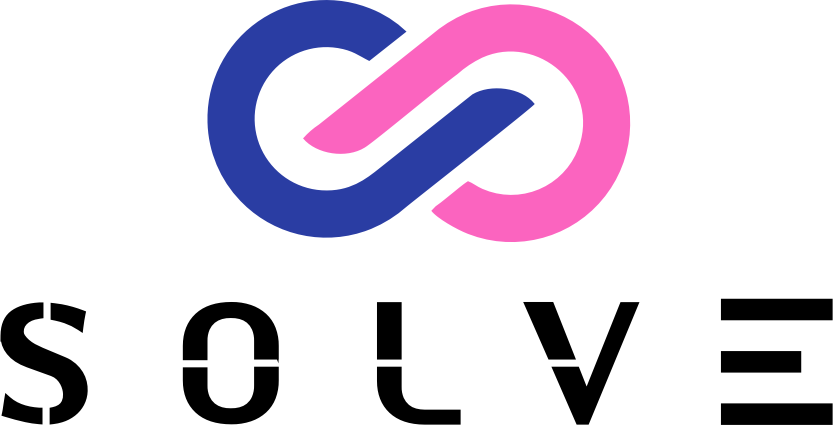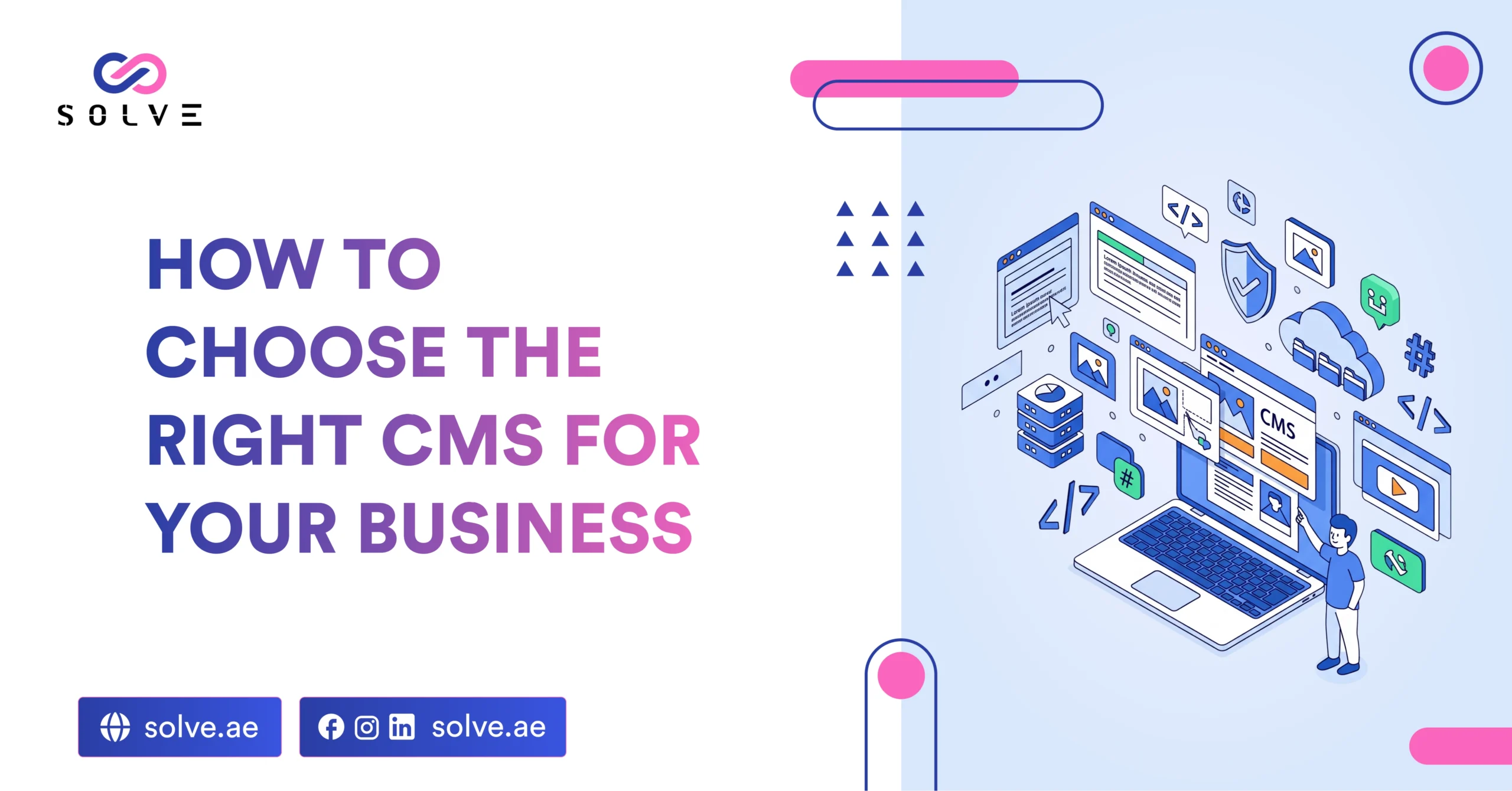- By Vanshika Choudhary
- August 11, 2025
Today, in a highly competitive digital world, the website is no longer just another electronic visiting card but has become the heart of one’s online brand. Whether running a small café, an online-growing business, or a multinational, the performance of your site holds much sway in sales, consumer trust, and reputation. Behind every good website is a Content Management System-Will it help you lay out, manage, and update your site with very little in the way of coding?
With so many CMS brands around all shouting for your attention with different features and benefits, it seems impossible to select exactly the one for you. Choosing an incorrect one might incur maintenance costs, lower the website’s performance, and limit growth opportunities. Choosing the correct one will help your team to work efficiently and effectively scale their digital presence. This guide will help you get to know what a CMS is, why it is important, and how to select the best CMS for your firm.
What Is a CMS?
Content Management Systems (CMSs) are the kind of software that enables you to build, manage, and update your website content without needing the service of high-end programming skills. Instead of going through codes manually for each page, you can, with a visual editor, put in text, images, video, and much more.
Most CMS software packages come with content creation tools that permit formatting of blog posts, building a landing page, or updating product listings. You create everything, and as far as storage is concerned, it is all taken care of behind the scenes in an organized database.
You have publishing controls such as scheduling posts, managing drafts, and previews until the update goes live. Most CMS also come with user management support so that several people can work on a given project, including writers, editors, and administrators, with varying degrees of access.
Why It Matters to Choose the Right CMS
Your choice of CMS can make or break your online strategy. An excellent CMS ensures that your site always performs well; a site loads fast, looks professional, and is a delight to work with on mobile devices. Choosing the wrong CMS will pose problems such as slow speed, limited functionality, and compatibility issues.
It also directly affects user experience, both for your visitors and your internal team. Scalability is yet another; your CMS has to have the capacity to accommodate growing traffic and a larger volume of content as your business grows.
Finally, security should take the highest priority; your CMS should ensure protection of all sensitive data and content from cyber threats, whereby choosing the right CMS would mean making a long-term investment in the safety and growth of the brand.
Key Factors to Consider When Choosing a CMS
-
Ease of Use
Having a drag-and-drop page builder will make layout customization far easier, so you can try out designs without having to write code. It means a short learning curve for your team so that they can be productive right from day one instead of spending weeks in a training phase.
-
Customization and Flexibility
Custom business needs require that your CMS respond to them. Thus, one needs to ensure being able to customize the site’s design and user experience while maintaining skeptical views about select templates. Support for custom themes, extensions, or plugins means that any CMS can fairly well get your website up-to-date with your brand identity.
Flexibility also suggests the integration of special features such as booking systems, online stores, or interactive forms. Platforms like Drupal take flexibility to the highest level of empowerment for developers to create tailor-made websites from scratch, which is very useful to businesses that require advanced, industry-specific features.
-
Scalability
As your business grows, the CMS should grow with you. Scalability is the capability that allows your site to face a bigger load of traffic, bigger catalogs of products, and more content without slowing down or rebuilding from scratch.
A truly scalable CMS is equally equipped with multilingual functions, multiple sites under one system, and integration with business tools. That way, you will always have an option to upgrade your site instead of switching between platforms. Check out our latest blog post on
How Progressive Web Apps (PWAs) Are Changing the Web
-
SEO Friendliness
Search engine optimization determines how online potential customers find you. A good CMS should have built-in SEO facilities or be easy to integrate with SEO plugins that allow users to add meta tags, optimize URLs, and create XML sitemaps.
It should also make a fast page load time and mobile responsiveness possible, since Google and other search engines will be factoring these into their rankings of your CSS. For example, WordPress with Yoast SEO gives its users good tools to optimize their content for greater visibility in search results.
-
Security Features
Hackers are always innovating new methods of attack, and in the process, your CMS needs to get up to speed with them. It should be one that keeps itself regularly updated with security measures, supports SSL, and is equipped with good spam and malware protection mechanisms. It is equally important to keep permission settings so that changes are restricted based on access to prevent unauthorized changes on parts of your website that must remain tip-top.
Backup and restore implementations should also be present. So, should your site suffer an attack, you can always restore it swiftly. Platforms such as Joomla are said to offer high security standards with the support of the 2FA system and different security extensions.
-
Cost and Licensing
Your CMS will heavily depend on budget considerations. Options are far too many when it comes to an open-source CMS: WordPress, Drupal, and Joomla are some to name. However, each consists of separate costs for things such as hosting, premium themes, or plugins. Proprietary platforms such as Squarespace or Wix put their hosting, security, and support under the subscription package.
Remember long-term expenses, too: maintenance, custom development, and scaling fees, just to name a few. Your objective should be to find a good middle ground between what your business needs to thrive and what you can afford.
-
Integration Capabilities
Ideally, your CMS should gel well with other tools that are part of your repertoire—think of CRMs, email marketing tools, payment gateways, or analytics tools! An integration ensures seamless workflow, and manual data transfers are reduced, hence saving precious time and reducing errors.
Shopify, for example, is one great CMS for e-commerce due to its fantastic ability to integrate with a series of applications for inventory management, shipment, and marketing automation.
-
Support and Community
It would be just the opposite to assume that a perfect CMS won’t need some troubleshooting; hence, support must exist for any system. Open-source platforms usually enjoy the presence of a large and active community that often provides plenty of guides, how-tos, and forums soliciting free advice.
Commercial CMS solutions will give more hands-on support that can work through live chat, email, or even account managers dedicated to you. Squarespace, for instance, offers around-the-clock customer support, an ideal scenario for companies that cannot afford downtime.
Conclusion
Choosing the right CMS is about finding the perfect match for your business goals, technical capabilities, and budget. A well-selected CMS facilitates easy website management and supports your scaling and SEO, along with data security.
Hence, a decision based on the ease of use, customization, scalability, SEO, security, cost, integrations, and support should be made to ensure that the long-term success of your online presence is guaranteed. Contact us as the CMS, remember, is the basis of your digital strategy, so take your time and choose well; it is that fundamental to your business’s success for years to come.




